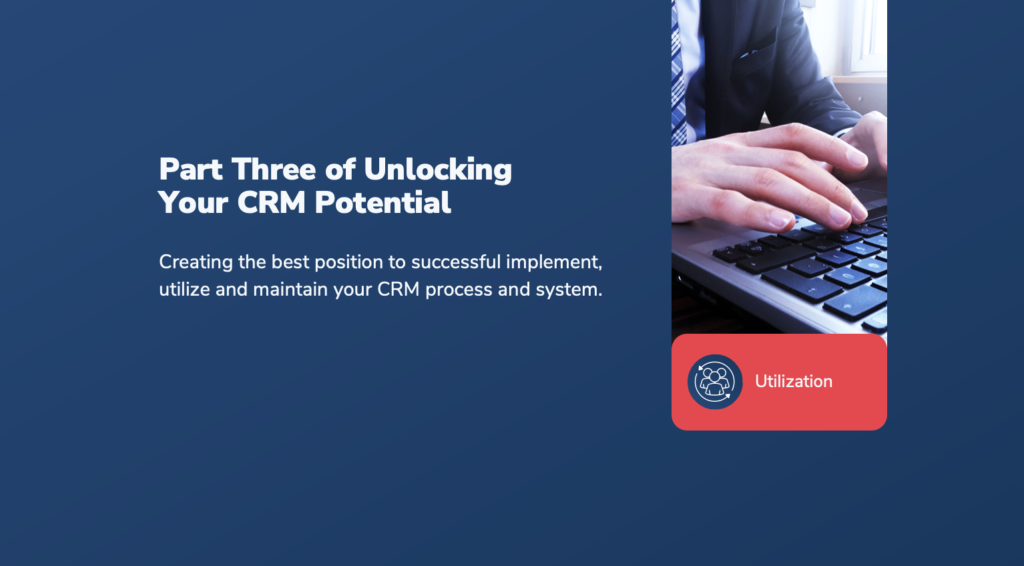- Trust as a foundation. Establishing trust as a major element of your team is key to getting the most out of employees in your organization. What you can see in a lot of organizations are elements for creating distrust. Although time sheets are required for billing, and open floor plans are more efficient, your employees may feel like they’re constantly being watched. Although some of these tools and strategies may be operational necessities, creating ways to make a workplace feel like a place of trust are even more important than ever.
- Failure is okay. Not only should failures (big and small) be okay, but the lessons learned should be rewarded. If your team is pushing limits to their creativity, there are bound to be some failures along the way. At Facebook, “Fail Faster,” was a key mantra. The faster the Facebook team failed, the quicker they got to the right solution. The main point being, once your team gets over the fear of failure, solutions and success come faster.
- Have a framework to work through disagreements. In many organizations, the fear of conflict can paralyze progress. As a team, it’s important to have a framework for working through problems so these issues don’t fester and create blocks in your team’s productivity.
Working and winning projects can be an intense process. Long hours and tight deadlines can really create a lot of drama for proposal teams. In order to keep the team working well, a deep foundation of trust, openness to failures, and a framework to work through disagreements are all key to making sure a team survives all of the bumps in the road. Contact us for more help with training your proposal team.




